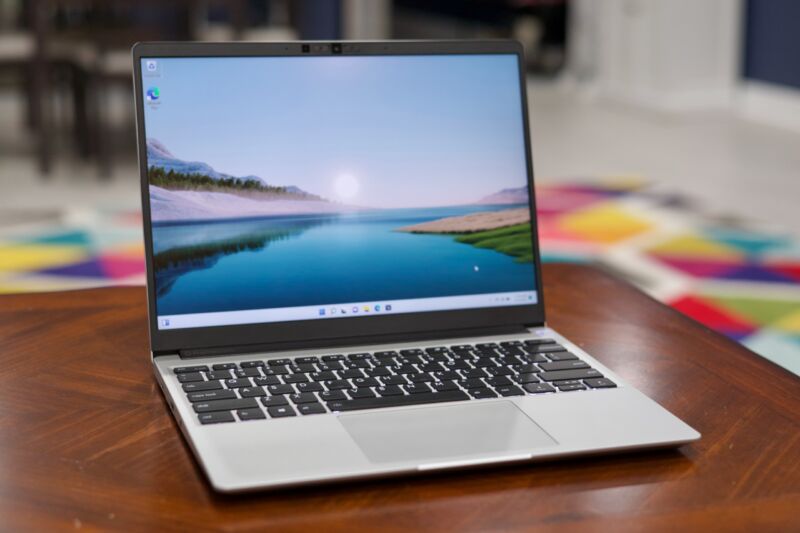
Andrew Cunningham
It’s one thing to say you create a fully user-serviceable, upgradeable laptop. It’s another thing to actually go through with it.
The original Framework laptop we reviewed last year did a lot of things well. It’s easy to open and work on, the ports can be swapped out to suit your needs, and it’s sturdy and well-built enough to withstand traditional, less upgradeable and repairable ultrabooks like Dell’s XPS 13 or Lenovo’s. ThinkPad X1 Carbon .
But making “one surprisingly good laptop” isn’t the same as creating a laptop ecosystem with upgradeable, interchangeable, user-serviceable parts. To do that, you need to keep up to date with new component releases. You need to address the shortcomings of your original design (or even release new revisions) without ending support for or breaking compatibility with previous versions of your design. And your small, independent business should: continue to exist so it can keep doing all that work year after year for a few years.
I can’t say what the next two years will bring, but I can say that the second-generation Framework laptop still does almost everything right. It’s a slightly revised version of the original chassis, designed around a 12th Gen Intel Core CPU rather than an 11th Gen version, and the motherboard exists as a drop-in upgrade for anyone who’s already bought a Framework laptop.
The Framework laptop has issues, especially when it comes to battery life. But overall, it’s a thoughtfully designed computer that treats DIYers and PC builders like adults who can make their own decisions. There is still no other laptop like this one.

